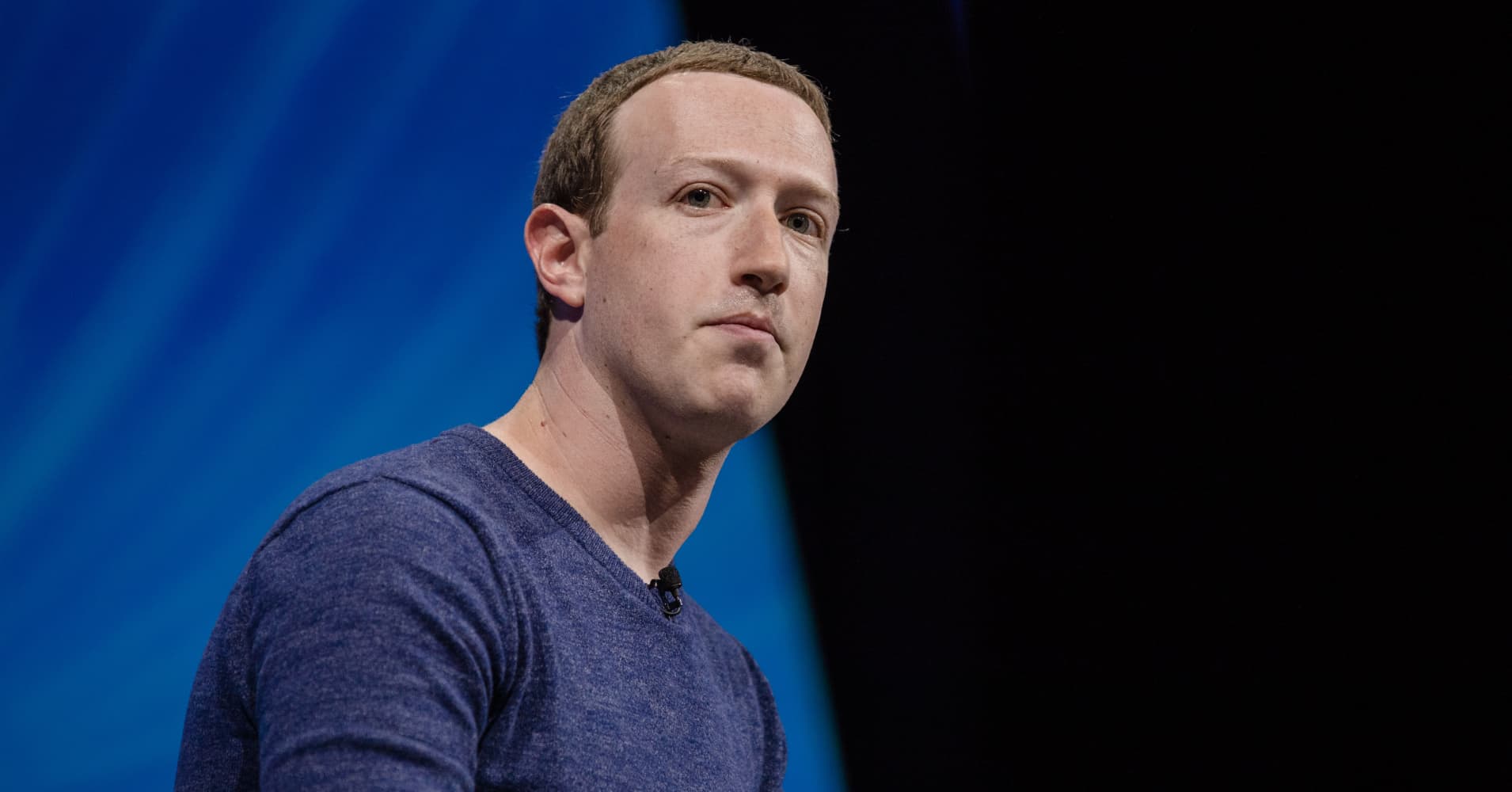
Facebook has admitted it allowed other big tech companies to read users' private messages, but denies it did so without consent.
The response came in a blog post by the firm Wednesday after a New York Times investigation found that Facebook gave companies including Netflix, Spotify and the Royal Bank of Canada the ability to read, write and delete users' private messages. The report on Tuesday also said it permitted Microsoft's Bing search engine to view the names of nearly all of a Facebook users' friends without consent.
Facebook said it enabled partner companies like Spotify to access users' private messages after a user had signed into Facebook through the partner company's app.
Spokespeople for Spotify and Netflix told the Times they were unaware of the broad powers Facebook had granted them, while a Royal Bank of Canada spokesperson disputed the bank had such access. The companies were not immediately available for comment when contacted by CNBC.
The Times report, citing hundreds of internal documents and interviews with more than 50 former employees, also said Facebook allowed Amazon to obtain users' names and contact information through their friends, while Yahoo was able to view streams of friends' posts as recently as this summer. The report suggests Facebook's sharing of personal extended well beyond what the social media giant had previously disclosed.
In all, the Times report said Facebook's data-sharing arrangements benefited more than 150 companies. The deals, in turn, helped Facebook bring in more users, it also said.
"To be clear: none of these partnerships or features gave companies access to information without people's permission, nor did they violate our 2012 settlement with the FTC (Federal Trade Commission)," Facebook said in the blog post.
Facebook said it shut down its "instant personalization" process in 2014, which allowed users to link their Facebook accounts with other services to see public information their friends shared. But it admitted the software components for the service were left in place after it shut down, potentially allowing developers to continue accessing users' personal information. Facebook said it has "no evidence data was used or misused after the program was shut down."
Facebook has been embroiled in a series of scandals this year over how it handles users' personal data. Documents released by a British lawmaker earlier this month showed Facebook had considered giving other companies special access to personal data.
Facebook shares have tumbled nearly 20 percent this year as investors have questioned the company's leadership and the possibility of more regulation.
No comments:
Post a Comment